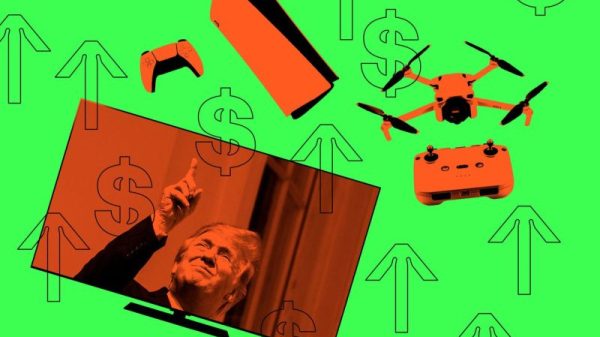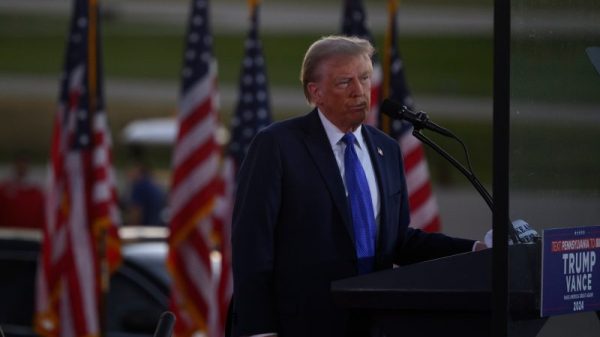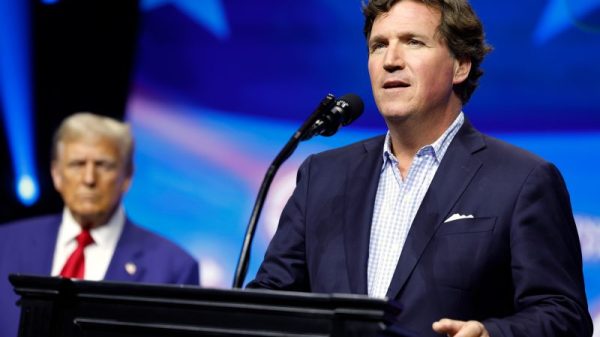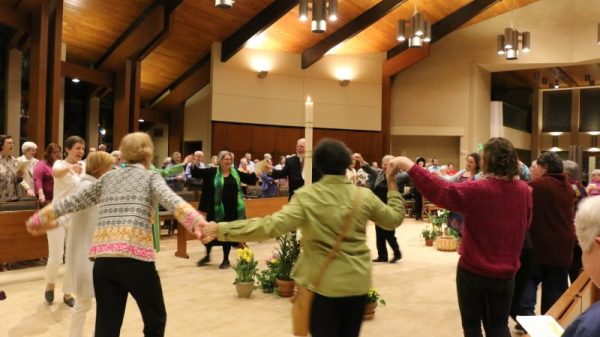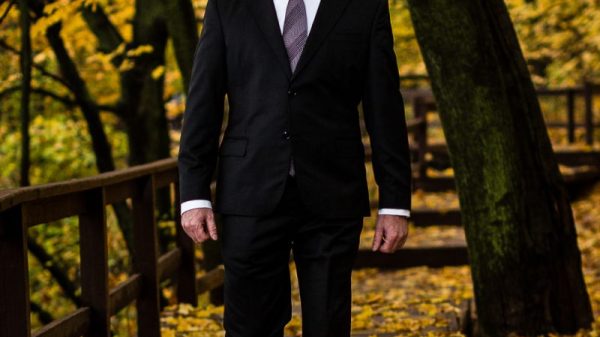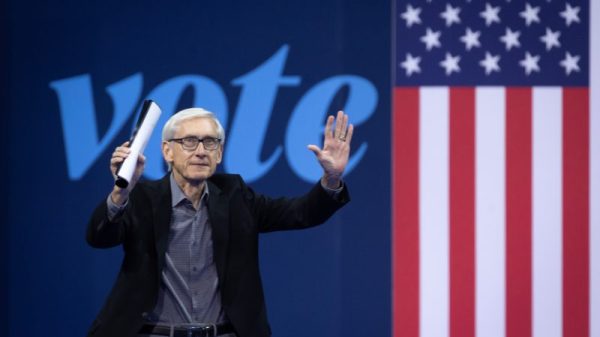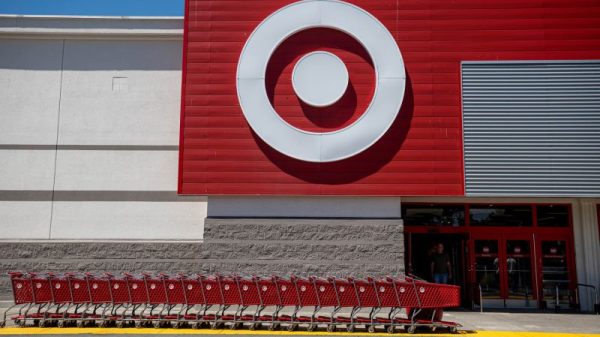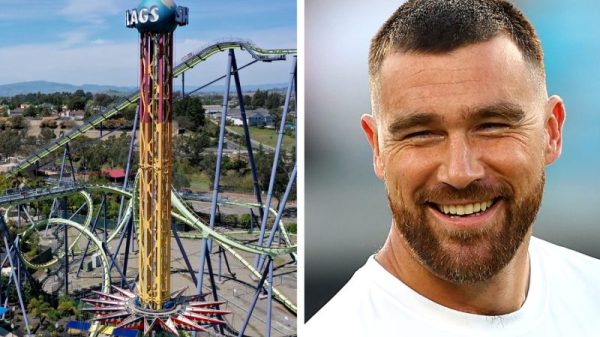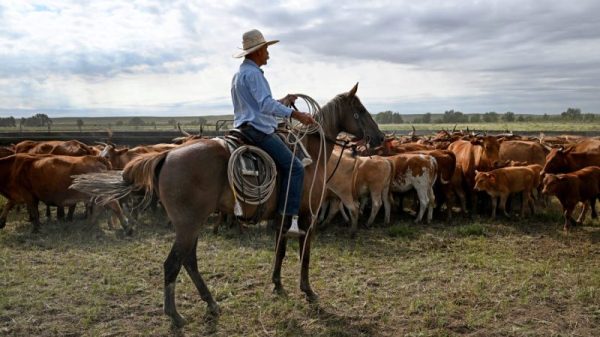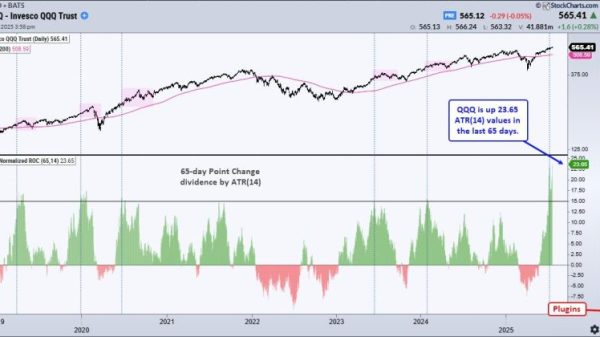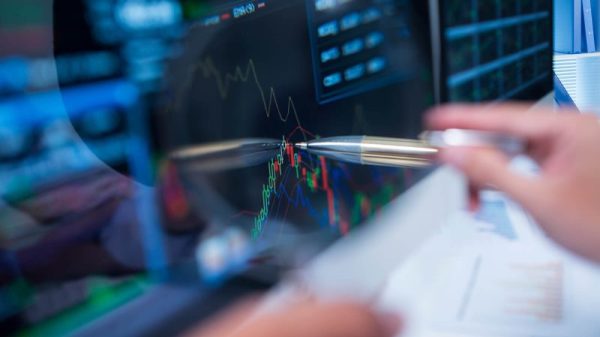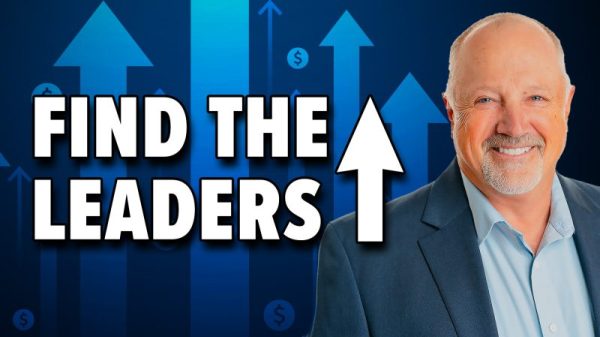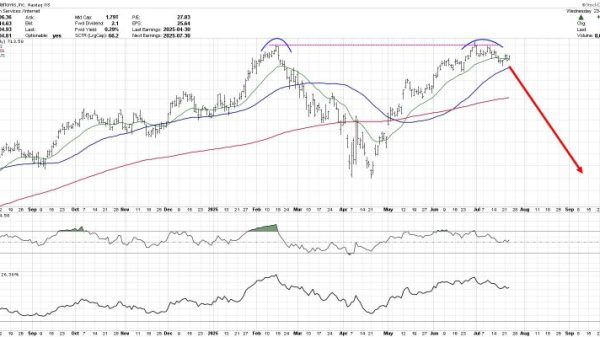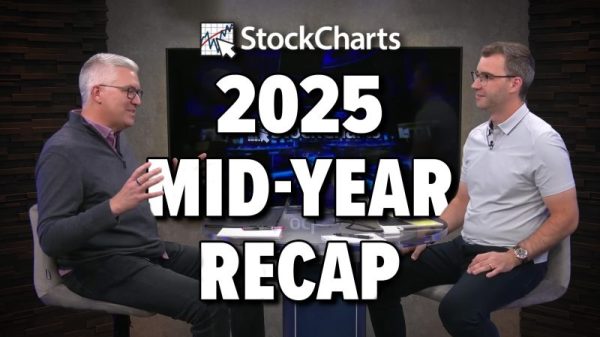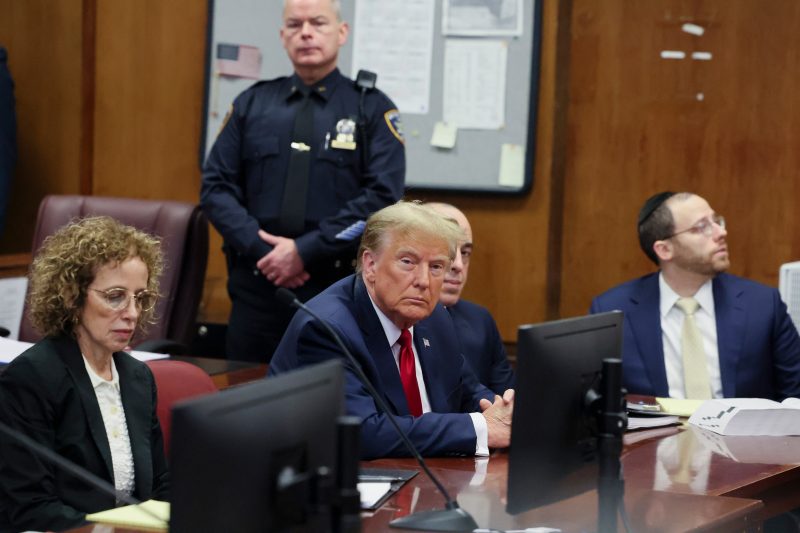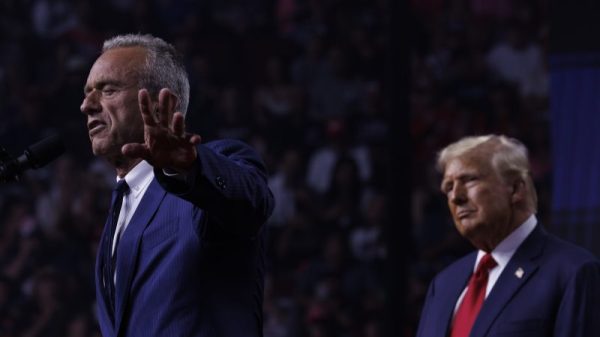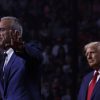New York prosecutors preparing for the expected March 25 start of Donald Trump’s first criminal trial threw a wrench into that schedule Thursday by suggesting a 30-day delay, responding to complaints from the former president’s lawyers that evidence had been unfairly withheld until the 11th hour.
Manhattan District Attorney Alvin Bragg (D) notified the court that his office had just received “approximately 31,000” pages of additional records from federal prosecutors in New York, who previously investigated the 2016 hush money payments that are the basis of Bragg’s charges against Trump.
“In light of the distinctive circumstances described below, the People do not oppose a brief adjournment of up to 30 days to permit sufficient time for defendant to review the” newly shared records, the filing said.
Trump’s legal team has asked for a 90-day delay to review the evidence, and urged sanctions be imposed on prosecutors for allegedly not fulfilling their legal obligations. A spokesman for Trump said he and his legal team “have been consistent and steadfast that this case has no basis in law or fact, and should be dismissed.”
The latest legal curveball in the case came just after Trump — the presumptive 2024 GOP presidential nominee — left a hearing in federal court in Fort Pierce, Fla., where his lawyers seemed to have little success persuading a judge to throw out a different set of criminal charges: that he mishandled classified papers and obstructed government efforts to retrieve them.
Thursday’s events underscore the unpredictable ways Trump’s four pending criminal cases are playing out even as he prepares for an Election Day rematch with President Biden. Of the four, the New York case was the only one with a meaningful start date, and that suddenly appeared in doubt Thursday.
Trump is expected to attend each day of any criminal trial once it begins, which could put significant constraints on the time he has for campaigning. The former president, however, has generally held rallies on weekends, outside of the days he would be in court. He also has often opted to attend pretrial hearings where his presence is not required — including Thursday in Florida — and he has turned his legal cases into a campaign rallying cry and a fundraising tool.
In Manhattan, Trump has been scheduled to go on trial starting March 25 on charges of falsifying business records in connection with the hush money payment to adult-film star Stormy Daniels during his 2016 campaign. His lawyers asked last week to delay the trial while they try to persuade the Supreme Court that he should be immune from prosecution in yet another criminal case, this one in D.C. federal court and centered on Trump’s attempts to block Joe Biden’s 2020 election victory.
If the Supreme Court ultimately dismisses that claim, the D.C. trial could begin in late summer. But if the New York trial were to be pushed back into the summer, that could have a cascading effect on any Trump trials scheduled later this year. In the Florida case, the judge is weighing competing requests: prosecutors asked to start in early July, and Trump sought a date no sooner than August.
Trump’s lawyers are now asking the judge in the New York case, Juan Merchan, to delay or dismiss the hush money case on the grounds that Trump’s legal rights to review evidence — known as discovery — have been violated. Bragg’s office insisted in its court filing that it had followed the rules, and could not be blamed for records that federal prosecutors had not yet provided to them.
Merchan has the option of scheduling a hearing and questioning both sides before reaching a decision on the delay request.
Anna Cominsky, who heads New York Law School’s criminal defense clinic, said it did not appear from public filings that Bragg’s office violated the court rules of discovery.
The offer of a month-long delay, she said, was an acknowledgment by prosecutors that the defense team’s workload had just increased.
“I read that as [the DA] doing the right thing and the fair thing, which is saying there’s a significant amount of discovery that was just turned over, it was turned over properly,” Cominsky said. She said she expected the judge to order some kind of delay in the start of the trial because of the new material.
“The defense is entitled to an opportunity to review it,” Cominsky said.
Discovery is an important part of trial preparation because defense lawyers look not just for any incriminating evidence, but for anything exculpatory that might help the person’s defense. One of the ways the federal evidence in this case could complicate matters for the state prosecutor is if those records contain previously unknown instances of contradictory statements or falsehoods by any of the witnesses.
The crux of the dispute goes back to the convoluted, years-long legal saga of the hush money case. Trump — and his former lawyer, Michael Cohen — were investigated by federal prosecutors in New York over the payments. That investigation led to a guilty plea from Cohen in 2018, but federal authorities did not pursue criminal charges against Trump.
People familiar with the federal investigation, speaking on the condition of anonymity to describe internal deliberations, have said one of the reasons for not pursuing such charges was that they considered Cohen a very flawed prosecution witness.
Years after Cohen’s guilty plea in federal court, Bragg filed state charges, saying Trump violated New York State law by classifying his reimbursement payments to Cohen as legal fees, rather than a campaign expense.
Trump’s defense lawyers have sought records from the federal prosecutors that they believe will show the weakness of Cohen as a witness and the prosecution case in general. Cohen was spotted at the district attorney’s office Wednesday.
Just this month, the defense received some 73,000 pages of records from the U.S. attorney’s office in Manhattan. Bragg’s court filing indicates Trump’s lawyers first asked for a trial delay of 90 days for them to review that material.
On Wednesday, Bragg’s filing said, federal prosecutors “produced approximately 31,000 pages of additional records and represented that there will be another production of documents by next week.”
The district attorney’s office said it has begun reviewing those records and they appear “to contain materials related to the subject matter of this case, including” material that the district attorney had asked their federal counterparts to turn over more than a year ago. That request was rebuffed, Bragg’s filing said.
A spokesman for the U.S. Attorney declined to comment.
The district attorney’s office also told the judge that it has reviewed the 73,000 pages produced for the defense earlier this month. Those documents “were largely irrelevant to the subject matter of this case,” except for about 172 pages of witness statements, according to Bragg’s filing.
In suggesting a one-month delay, Bragg blamed Trump’s legal team for the problem. He said prosecutors had “diligently sought the full grand jury record” from the federal probe and that defense lawyers waited until mid-January to subpoena federal prosecutors for the material.
Jacobs reported from New York. Hannah Knowles also contributed to this report.


